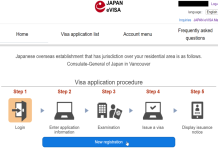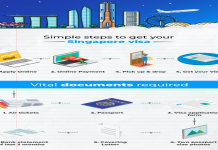Alright, let’s talk about something a bit heavy today. Found myself in a tricky spot a while back, caught in a foreign country right when things started getting messy, you know, civil unrest kind of messy. It wasn’t fun, but I learned a few things staying put until it blew over, or at least until I could get out safely. Here’s how I handled it, step-by-step from my own experience.
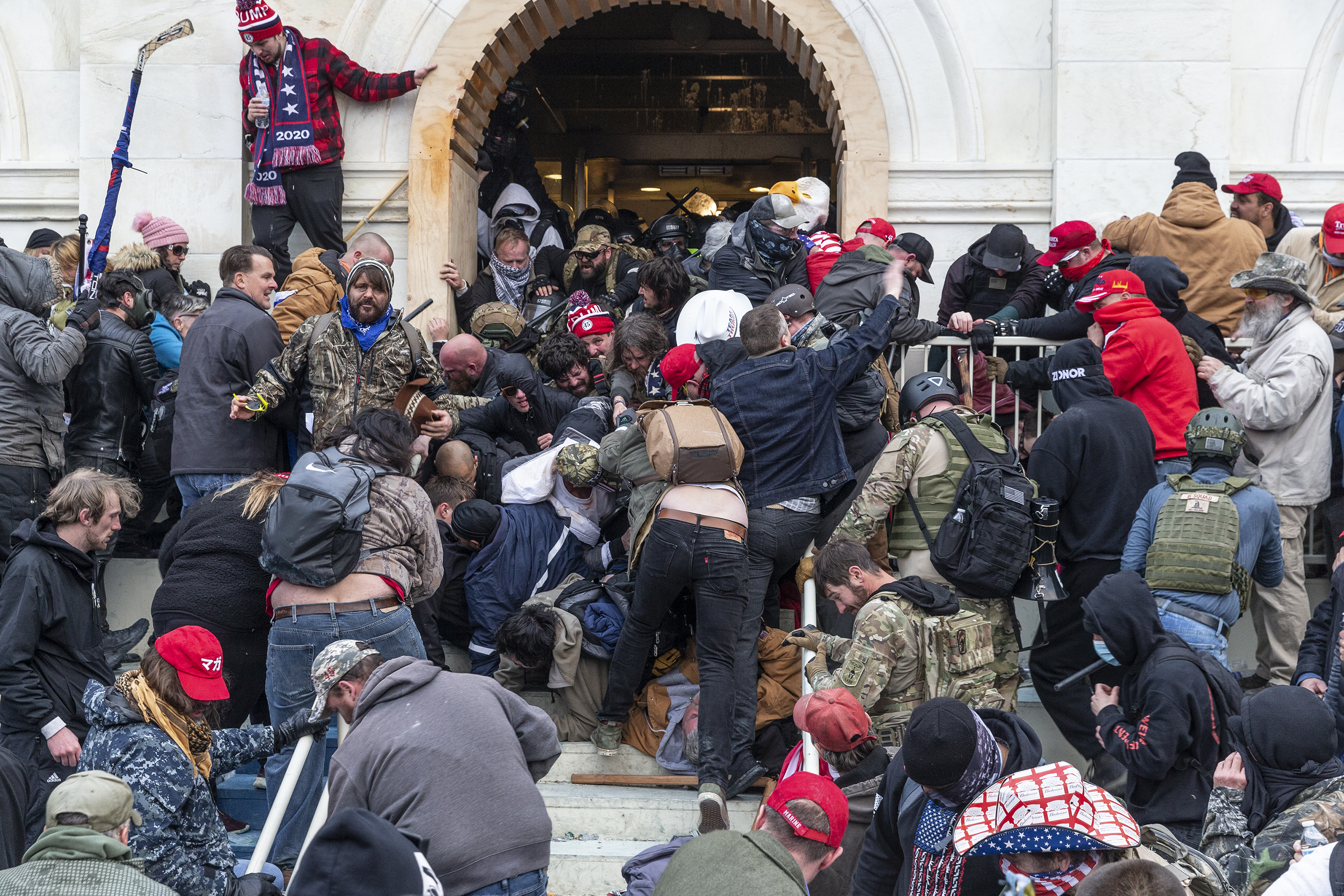
First Signs and Gut Feelings
It started subtly. More police on the streets, people looking tense, whispers turning into arguments in cafes. Then, the news got louder, protests started popping up. My first instinct wasn’t panic, more like, “Okay, pay attention now.” I started checking international news sources, not just the local ones, trying to get a broader picture. I also started talking more to the locals I trusted at the guesthouse, asking them how they felt, what they were hearing. Their gut feelings often tell you more than the official news.
Securing the Basics
Once it looked like things might escalate, I didn’t wait. First thing, I went to an ATM. I figured cash might become king if networks went down or banks closed. Didn’t take out a huge amount, just enough for maybe a week or two of essentials. Then, I hit a local market. Stocked up on basics:
- Water, lots of bottled water.
- Non-perishable food: Canned goods, rice, pasta, crackers, stuff that doesn’t need a fridge.
- Basic medical supplies: Band-aids, antiseptic wipes, pain relievers.
- Batteries for my flashlight and radio (yeah, I had a small battery-powered radio, surprisingly useful).
- Charged my power bank fully and kept it charged.
My thinking was simple: If I had to stay inside for a few days, I didn’t want to be caught needing something basic.
Information and Communication Lines
This was crucial. I immediately registered with my country’s embassy online. Most have a system for citizens abroad. This way, they knew I was there if things got really bad. I saved their emergency contact numbers offline on my phone and also wrote them down on paper. Never rely just on your phone.
I let my family back home know what was going on, told them my location, and set up regular check-in times. Didn’t want them worrying unnecessarily, but also wanted them to know if I stopped checking in. We agreed on short messages, like “Okay today,” to conserve phone battery and maybe get through if networks were jammed.
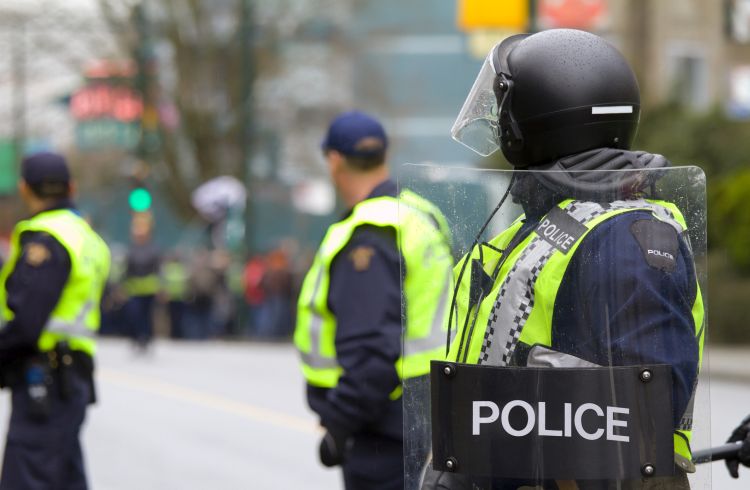
I kept monitoring the news, but honestly, social media, especially local groups (used cautiously!), sometimes gave faster updates on where protests were moving or which streets were blocked. You have to filter out the noise and rumors, though.
Laying Low and Staying Put
The biggest thing? I stayed put. My guesthouse felt relatively secure, away from the main government buildings or likely protest spots. I made a conscious decision not to go exploring or get curious. Seeing a protest firsthand? Not worth the risk. Foreigners can easily become targets or get caught in the middle.
I kept my curtains drawn sometimes, especially at night. Kept noise down. Basically, tried not to draw any attention to myself. I read books, organized my photos, anything quiet to pass the time. Venturing out was only for absolute essentials, during daylight, and after checking if the immediate area was calm.
Dealing with Checkpoints and Officials
A couple of times, I did have to go through impromptu checkpoints. My approach was always the same: calm, polite, non-confrontational. Had my passport and visa ready. Answered questions simply and honestly. Didn’t offer opinions. Just showed I was a visitor trying to stay out of trouble. Being respectful goes a long way.
The Waiting Game and Getting Out
Eventually, things started simmering down in the specific area I was in, though the overall situation was still tense. I kept in touch with the embassy updates. When commercial flights were still operating and the route to the airport was clear, I decided it was time. Didn’t rush it, but booked a flight. Arranged transport I trusted (the guesthouse helped). Traveled during the day. Airport was chaotic, but got through.
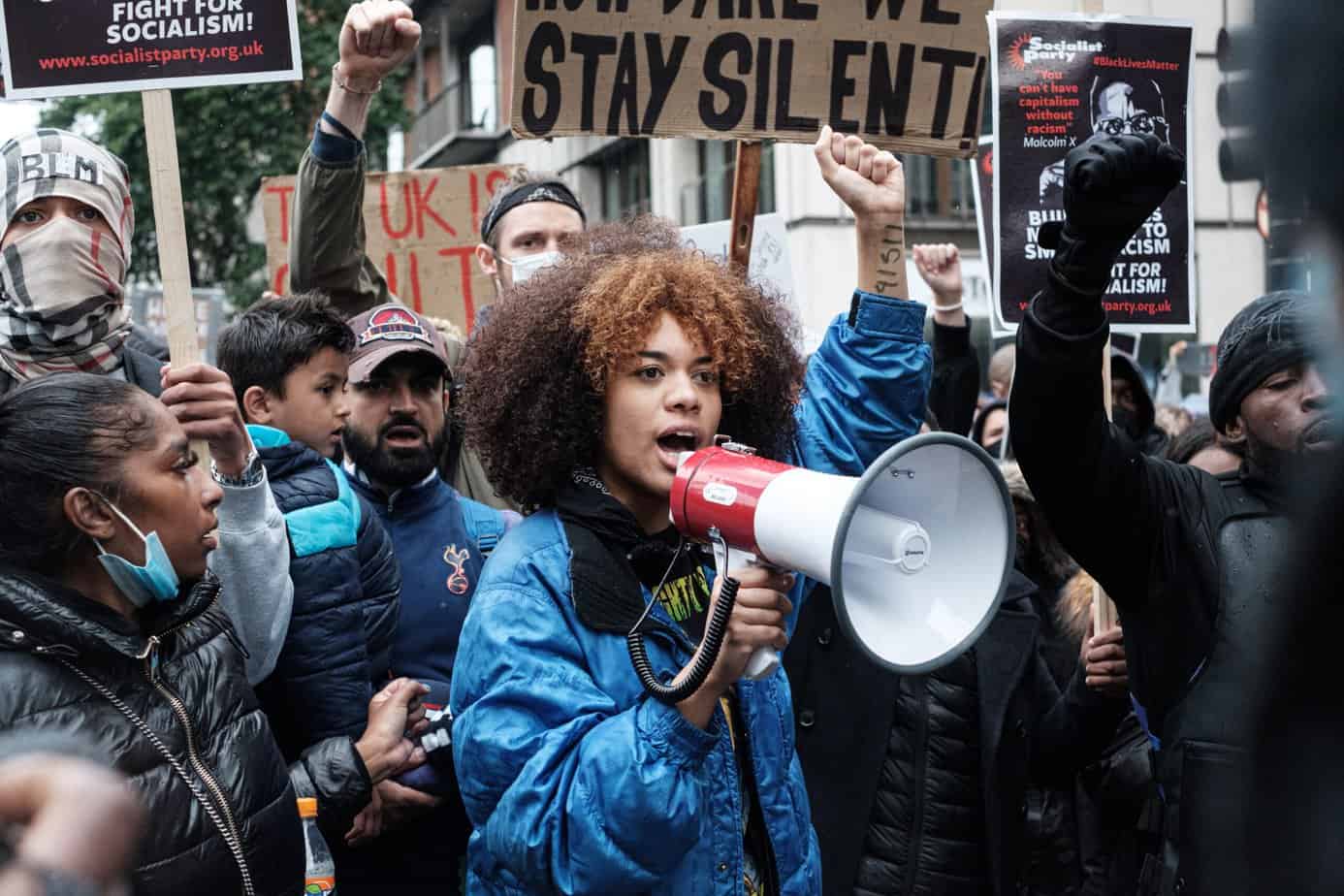
Looking back, the main thing was staying informed without panicking, preparing for the basics, and then just being patient and keeping a low profile. It’s not about being brave; it’s about being sensible when you’re far from home and things get unpredictable.

